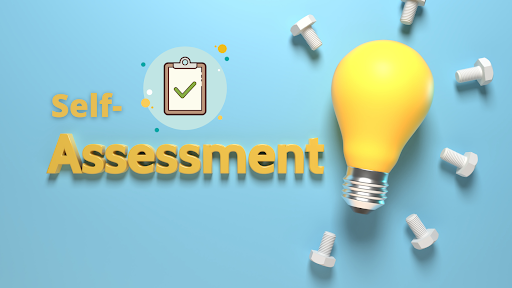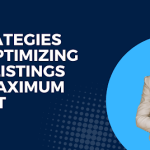A yearly self-assessment tax return is very certainly required whether you are self-employed, freelance, or have a variety of other sources of income. As an employee, you may still be required to file a tax return to HMRC to ensure that your tax affairs are in order.
Self-assessment might be intimidating if you’re doing it for the first time – and even if you do it every year, you probably hate it. However, you can make the procedure faster, simpler, and less of a burden with a bit of forethought.
Table of Contents
What is a self-assessment tax return?
Tax and National Insurance (NI) payments are figured up based on the amount of money you’ve earned and other financial information you provide to HMRC throughout the self-assessment process. If you’re doing it online, it’s known as “filing your tax return.” Self-assessment doesn’t have to be done on your own, as you may pay an accountant to conduct it for you. When it comes to doing your taxes, an accountant is nearly sure to do it in the most efficient manner possible.
Who is required to accomplish a self-assessment tax return?
Self-assessment tax returns aren’t necessary for those who earn wages through the PAYE payroll system or solely get pension income, as income taxes are already deducted at the source.
Here are a few instances of persons who are often required to do self-assessment.
- In contrast to employees, self-employed persons
- Those who have many jobs
- People who get a pension yet are still employed and earning
- Limited-liability company owners and partners
- Anyone who makes a particular amount of money via investing (including property)
- Religious leaders
- Claimants for child support who have earned more than a certain amount
- If you’ve received a P800 form (from HMRC explaining that you haven’t paid enough tax), you should take note. visit here
Tips for self-assessment
These self-employed tax suggestions will help you make tax season less stressful:
Calculate your company’s revenue
Before further tax preparation activities, you must first determine your tax situation. You don’t want to spend money in a year when you don’t need it. If you anticipate being in a higher tax bracket this year or next, you should maximise your deductions in the year you are taxed the most. Tax preparation is at best guesswork without estimating company revenue.
Money timing
You can’t just refuse to cash checks or advise customers to wait until the end of the year to pay you. When you have income, it is usually taxed.
There is a way to profit from late billing. Depending on your tax circumstances, you may sell assets at a profit before or after the year ends.
Utilise medical insurance deductions
You may deduct premiums for yourself, your spouse, and your dependents from your income. This includes LTC insurance premiums. The insurance doesn’t have to be in the company’s name; it might be in yours.
Keep your business form basic.
Stay with a Schedule C Sole Proprietorship until you require a partnership or corporation. It’s the quickest method to file, and there’s nothing to dissolve if you change your mind. Get liability insurance for legal protection (and consult your lawyer).
Benefits of self-employment and being self-employed
Imaginative freedom
You’ll have more control over your life if you work for yourself. You’ll have the ability to experiment with a variety of innovative solutions to challenges as they occur, as well as the gratification of seeing your ideas through to completion.
Individuality
You’ll be able to choose your hours and arrange your job around other responsibilities, which frequently contributes to a higher quality of life.
Job fulfilment
Reaping the benefits of your hard work may be incredibly pleasant, especially if you also have the freedom to pursue the things you like the most.



















